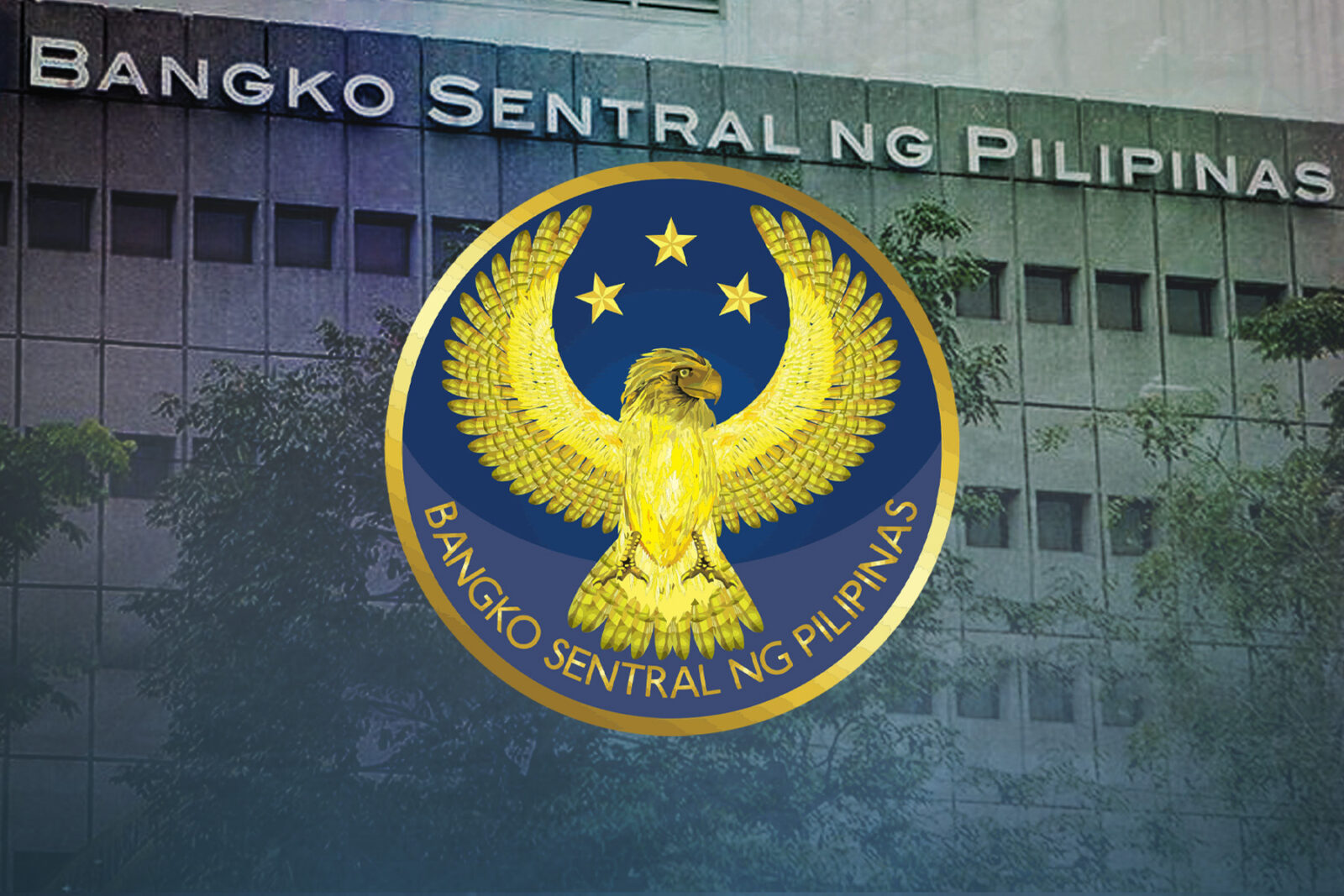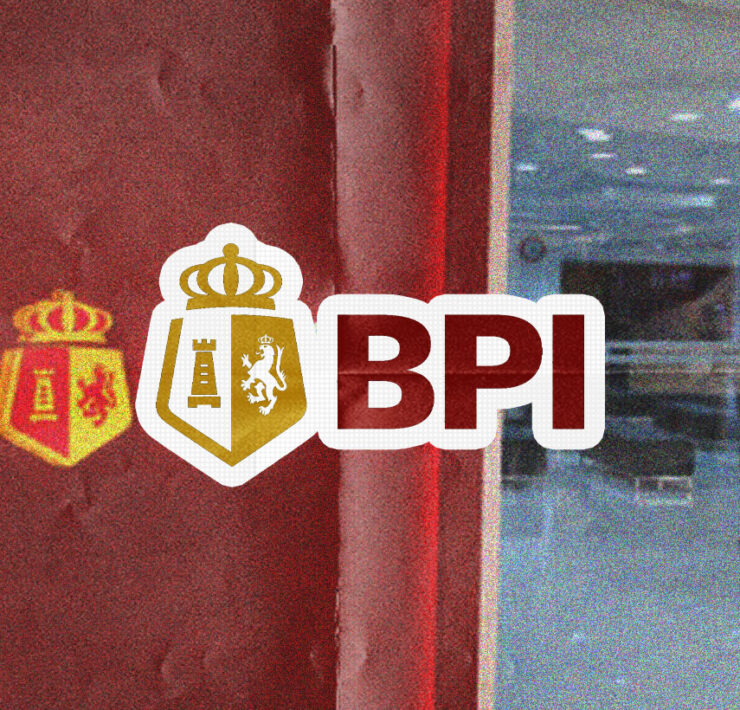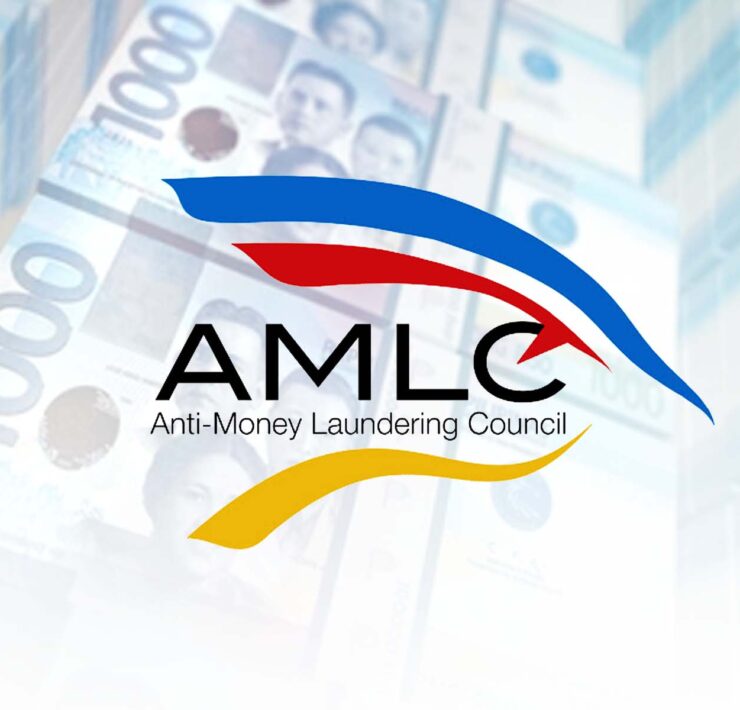BSP enables banks to freeze funds

Banks and financial institutions that the Bangko Sentral ng Pilipinas (BSP) supervises may now temporarily hold suspicious funds to stop fraudsters and other financial criminals.
The regulator said the intention is to prevent the movement of money stolen from one account to another.
Circular No. 1215, which BSP Governor Eli Remolona Jr. signed last May 30, created the regulations that financial institutions must follow when temporarily freezing funds. In particular, the circular refers to funds that are subject of disputes and coordinated verification processes.
The new rules are meant to enforce the key provisions of Republic Act No. 12010, or the Anti-Financial Account Scamming Act (Afasa). This law punishes crimes like acting as money mules to facilitate scams and performing social engineering schemes and economic sabotage.
Under the new circular, regulated financial entities now have the authority to temporarily hold disputed funds for a period of not more than 30 calendar days, unless extended by a court order.
A transaction could be disputed for being unusual and for having no clear economic purpose.
The funds may also be held temporarily if they are suspected to have come from unknown or illegal sources. Likewise, if the funds are suspected of being facilitated through unauthorized access to a financial account owner’s sensitive information.
Fraud management
Once the money in the recipient account is held, the equivalent amount would be considered credited but cannot be withdrawn during the holding period.
A coordinated verification process would immediately follow to validate a disputed transaction. The recipient of the funds that had been held off may, at any time, challenge this by justifying the legitimacy of the disputed transaction.
The recipient may be prevented from withdrawing the suspect funds if there is a consumer complaint filed. Banks may also initiate the action on their own if their respective fraud management systems flagged the transaction.
To be clear, the regulations do not apply to erroneous transactions. The new rules also do not cover credit card transactions, except if the cards were used to perform electronic fund transfers.
As it is, Afasa also gives the BSP limited authority to investigate bank deposits, e-wallets, and other financial accounts involved in such crimes.
To enforce such provisions, Remolona also signed Circular No. 1214. This provided a framework for information sharing between the BSP and authorities like the police.





















